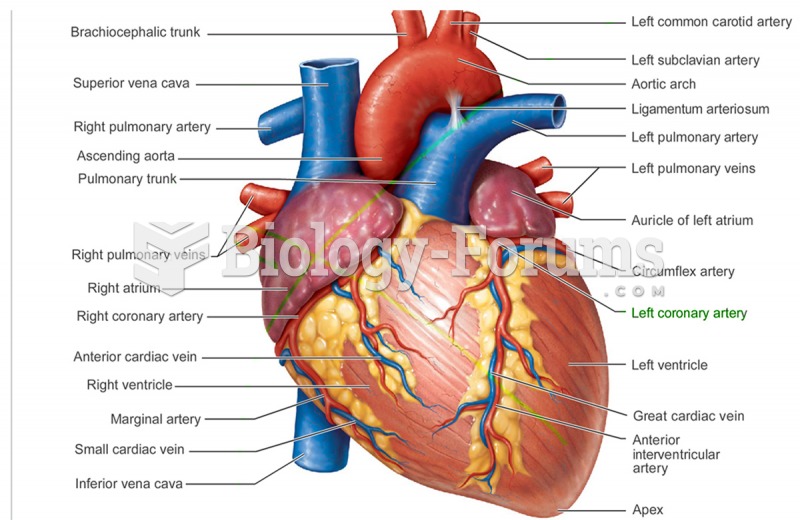Answer to Question 1
2,3
Rationale 1: It is non-therapeutic to tell the client the drug is dangerous. At this point, the nurse has no knowledge of which drug is being discussed.
Rationale 2: Use of particular drugs is based on many different variables, including cost-benefit ratio.
Rationale 3: The nurse should support the client's interest in this drug by advocating for a discussion about its use.
Rationale 4: The nurse should not assume the drug is expensive or that the client is unable to obtain it.
Rationale 5: It is non-therapeutic to tell the client that interest in this drug is unrealistic.
Global Rationale: It is non-therapeutic to tell the client the drug is dangerous. At this point, the nurse has no knowledge of which drug is being discussed. Use of particular drugs is based on many different variables, including cost-benefit ratio. The nurse should support the client's interest in this drug by advocating for a discussion about its use. The nurse should not assume the drug is expensive or that the client is unable to obtain it. It is non-therapeutic to tell the client that interest in this drug is unrealistic.
Answer to Question 2
1,2
Rationale 1: According to the tenets of pharmacoeconomics, more money should be spent on development of drugs that will impact the most people.
Rationale 2: There are more drugs to successfully treat epilepsy than to cure cancer.
Rationale 3: Money spent on drug development is determined at several levels, including individual corporations, universities, and governments.
Rationale 4: There is no indication that curing cancer is easier than curing epilepsy.
Rationale 5: The nurse should not judge this client's statement as good or bad, but should attempt to explain the allocation of resources.
Global Rationale: According to the tenets of pharmacoeconomics, more money should be spent on development of drugs that will impact the most people. There are more drugs to successfully treat epilepsy than to cure cancer. Money spent on drug development is determined at several levels, including individual corporations, universities, and governments. There is no indication that curing cancer is easier than curing epilepsy. The nurse should not judge this client's statement as good or bad, but should attempt to explain the allocation of resources.







